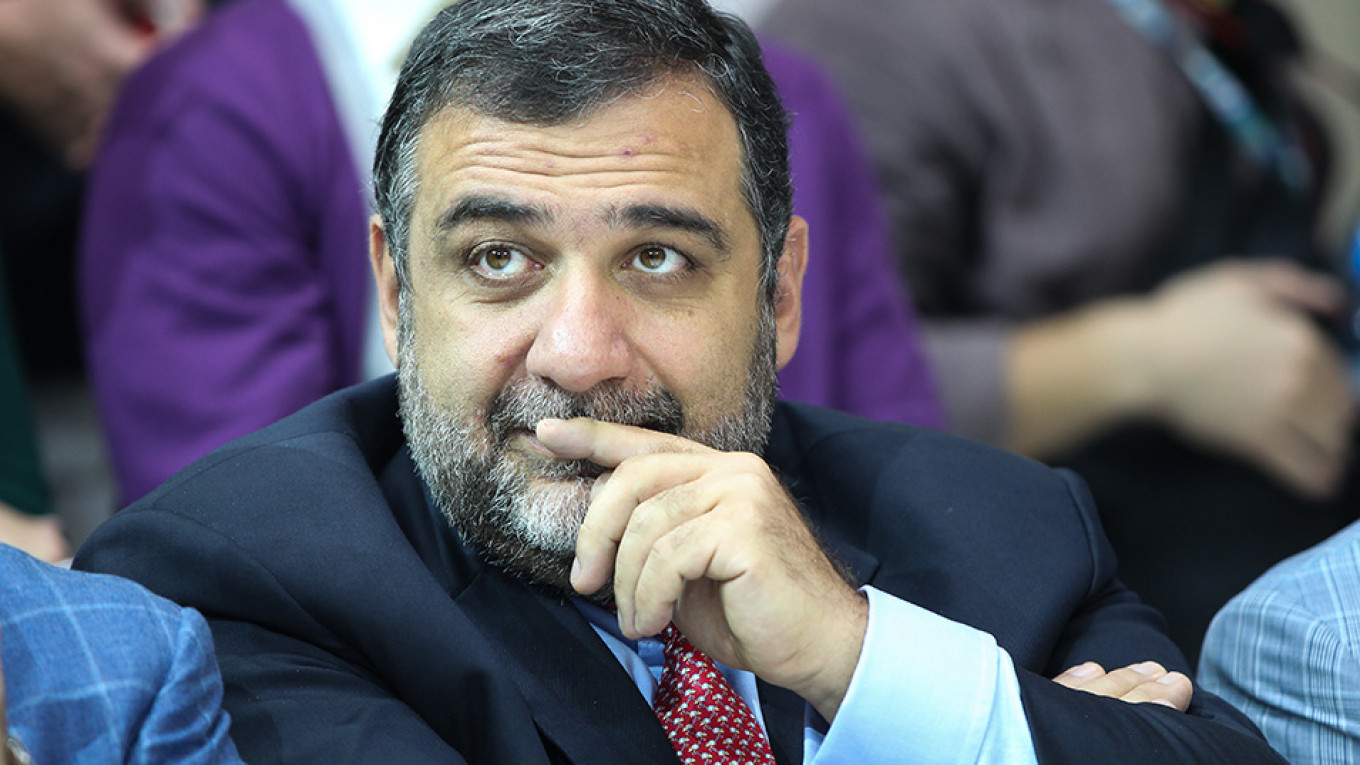
An investigation into a Russian money laundering network that funneled billions of dollars abroad sent shockwaves through Europe this week but was largely ignored by Russian officials and state media.
The report released by the Organized Crime and Corruption Project (OCCRP) Monday said that a network of over 70 offshore companies had funnelled $4.6 billion from Russia to Europe and the United States via a defunct Lithuanian lender in 2006-2013.
The “Troika Laundromat” report named at least half a dozen major Western banks that had been recipients of the money, sending their shares tumbling and sparking internal investigations. Other figures and companies mentioned in the report include Sergei Roldugin, a friend of Russian President Vladimir Putin; Ruben Vardanyan, a philanthropist and social entrepreneur; Prince Charles; Chelsea Football Club; and shell companies allegedly used in a scheme uncovered by the late auditor Sergei Magnitsky.
When asked to comment on the laundering scheme, Putin’s spokesman Dmitry Peskov said it was not an issue on the Kremlin’s agenda.
“We have fiscal departments and financial intelligence [agencies] that have all the needed powers to monitor the financial activities of the institutions in this sector of the economy,” Peskov was cited as saying by the RBC news website Tuesday.
Meanwhile, Russian state-run television largely ignored the report in its coverage.
Weeks after trumpeting Russia’s investigation into money laundering in Moldova ahead of elections there, Rossia-24 channel’s news coverage fell silent over the Troika Laundromat report.
The Kremlin-funded RT’s English- and Russian-language websites also sidestepped the OCCRP report entirely, as did the state-run RIA Novosti news agency.
The state-run TASS news agency filed a story out of London on Tuesday evening naming Prince Charles’ fundraising vehicle as having received a total of $200,000 from shell companies in 2009-2011.
Meanwhile, Interfax published an in-depth report following Peskov’s muted comments on the investigation.
The Russian business community’s ambiguity toward the findings “speaks more eloquently about the situation in the country than the investigation itself,” the Vedomosti business daily wrote in an editorial.
“No one is willing to come out and defend Troika outright,” Vedomosti wrote, referring to Russia’s Troika Dialog investment bank at the center of the money laundering scheme.
